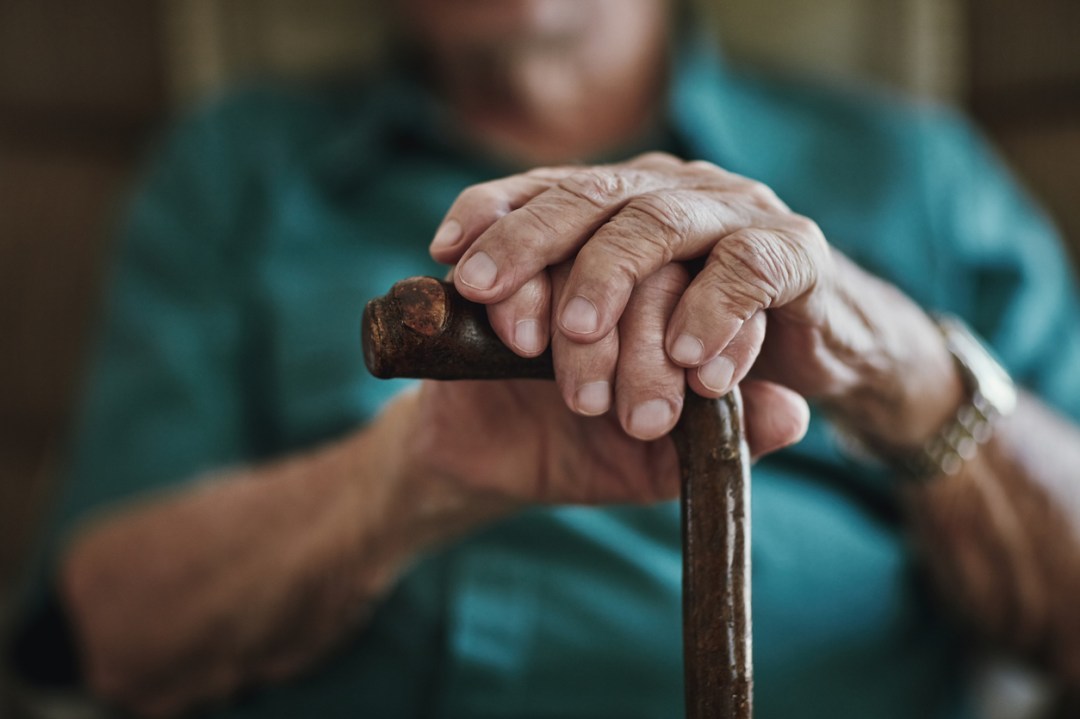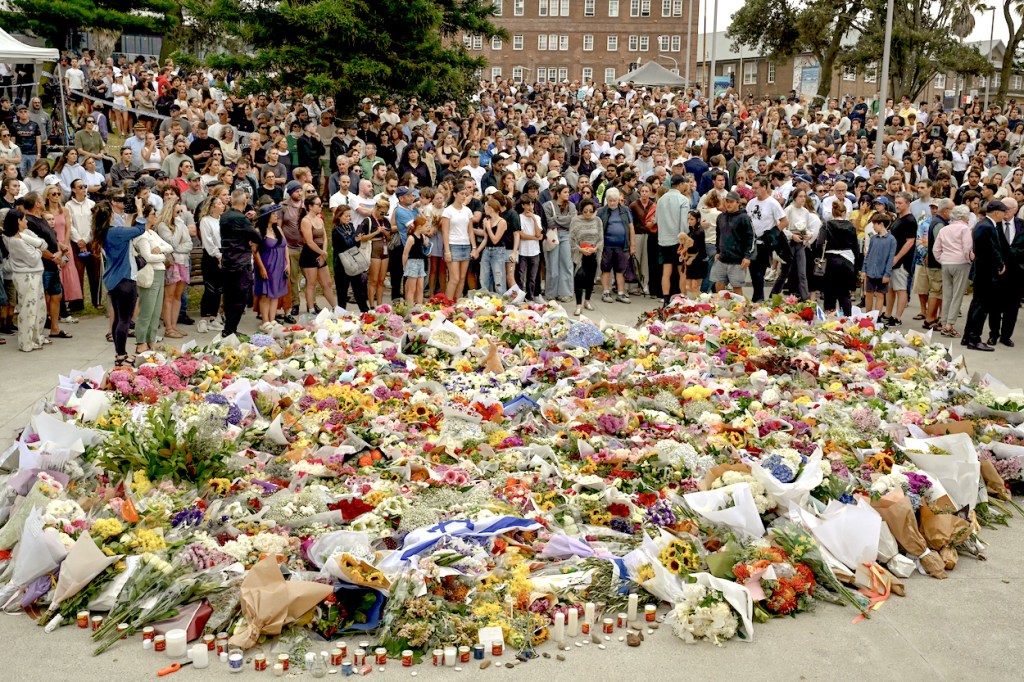Young people feel economically adrift. Homeownership has become increasingly unaffordable, and rents have escalated exorbitantly. Younger workers have borne the brunt of wage stagnation, with real pay largely frozen for the last decade and a half. Politicians, however, think the way to fix this rift is to focus more on the feelings of the ageing.
The Women and Equalities Select Committee has waded in on the side of the greying. A new report has proposed a Commissioner for Older People and the establishment of a cross-government minister to champion the rights of the old. This has been announced with a broadside against ageism, with a particular objection to portrayals of the elderly as ‘frail, helpless or incompetent,’ or as ‘wealth-hoarding “boomers”’.
There is a real issue here, of course. Older people do face discrimination. They can struggle to access services that have been moved online or are laced with complexity. Many face discrimination in the workplace, especially when looking for work later in life. Around 3.5 million over fifties are economically inactive, often struggling with ill-health and turned away by employers who’d rather invest in someone younger. Such discrimination is already illegal but hard to prove and enforce against. Any government serious about getting people back to work should be looking for ways to fight it.
Yet the approach of the select committees ignores the realities of what is driving the sense of intergenerational unfairness. The pervasive idea of rich old people exists, like many stereotypes, because it is often true. While young people struggle to afford housing, retirees who bought homes decades ago are the winners of the housing boom. Many have also benefitted from years of rising wages and living standards, as well as defined benefit pensions – which are now largely absent from young people’s working lives. Around a quarter of pensioners live in millionaire households, and the average retiree’s income is higher than the average worker’s. Of course, some are struggling, but the idea that all older people are poor is misguided, as is the sense that they are all rich.
In the eyes of the Committee, simply pointing this out apparently leads to a culture of ‘unhelpful division’. Yet most young people are remarkably magnanimous about the position of their seniors. They remain broadly supportive of the triple-lock, which has seen pensions rise faster than wages over recent years, and less than half supported the means-testing of winter fuel payments. They do not want intergenerational strife but fair chances.
Really, older people have perhaps some of the biggest sway in our society
The best way to heal this division is not to push against talking about it but to acknowledge the reality. If anything, there should be more focus on solving the housing crisis for younger people and building the sort of economy that delivers regular wage growth. The intergenerational unfairness issue is real. The acrimony around it will be solved by addressing some of the issues rather than a hectoring commissioner.
This points towards another problem with the select committee’s output. The idea that older people are sidelined by policy and politics and so in need of extra representation is flawed. Really, older people have perhaps some of the biggest sway in our society. Indeed, more often than not, politicians are overly concerned about them rather than ignoring them. Criticising things like the triple lock has become the third rail of British politics. Rishi Sunak was so in hock to older Tory voters that last summer he promised an extra lock on top, while his main offering to young people was national service.
Older people are a powerful voting bloc. There are many of them, and they tend to turn up in elections. This already gives them a disproportionate sway. At a local level, things are even more skewed towards them. The average age for a councillor is 60, with nearly half aged over 65. Just one in six or so is under 45. Retirees with free time on their hands are even disproportionately involved in campaign groups. Just look at Extinction Rebellion protests, and you’ll see more radicals with grey hair than blue.
Cynically, one might suggest that the select committee’s enthusiasm for the old is driven, in fact, by the electoral power older voters tend to have. After all, it is unusual for a committee such as this, especially one led by Labour MPs, to come out in favour of a group that is already disproportionately wealthy. The report does this by discussing discrimination and minority protection – finding ways to offer older people rights-driven special pleading.
There are a few problems that can be solved by an extra minister or a commissioner. It would likely mean another layer of bureaucracy and sound bites, with only minor engagement on the real issues. When it comes to both the plight of the poorest old people and the resentment some younger folk feel towards the richest retirees, the solutions are broader. It is about the economy rather than policing language. Intergenerational unfairness is real. Engaging with the driving causes would be better for both old and young than further sops to ageing voters.








Comments